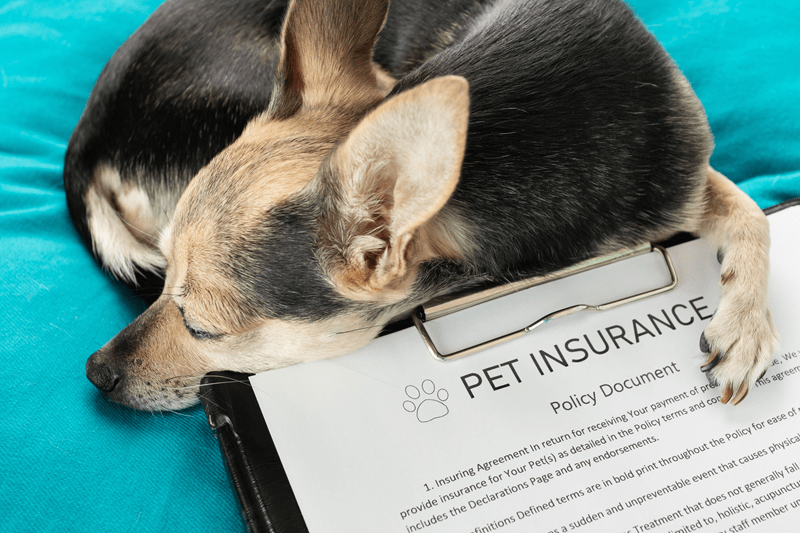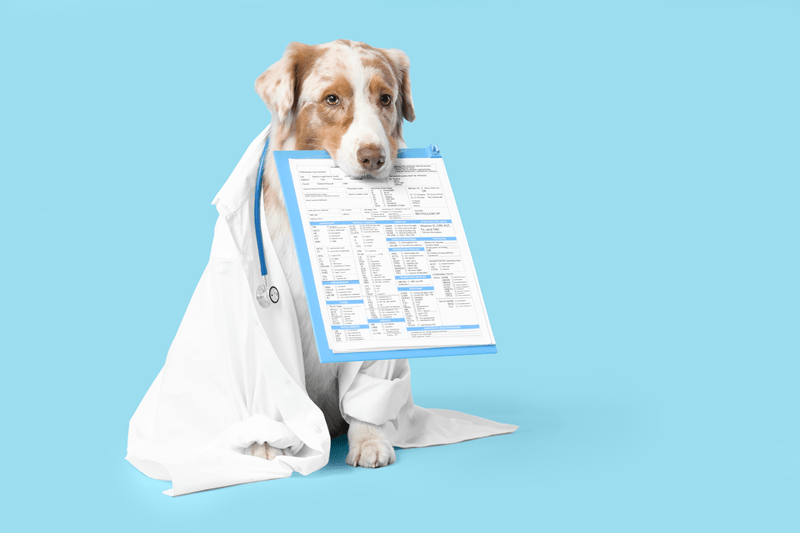
To many households within the United States, pets are not just animals but loved family members. Our furry companions bring so much joy with them, from wagging tails to soothing purrs. With them, though, comes great responsibility. Among the biggest questions most pet owners ask themselves today is whether pet insurance is something worth spending money on.
The goal of this comprehensive guide is to help you understand how pet insurance works, what you can expect when it comes to general pet health coverage, how to process a claim related to pet insurance, and how to choose an affordable pet plan without sacrificing the health of your pet. It will also give you some special veterinary insurance tips and explain what pet accident protection entails to help you confidently choose what best fits your family.
First, to appreciate the value of insurance, one has to consider what contributes to veterinary expenses. Many veterinary clinics today have advanced treatments-just like human medicine does: MRIs, chemotherapy, surgeries with advanced equipment, and specialized emergency care. While these treatments can save lives, they also cost thousands of dollars.
For instance,
Such unexpected bills, without good pet health coverage, stress the finances. For many pet parents, pet insurance acts as a buffer that prevents such hard financial choices during emotionally stressful times.
In its essence, pet insurance is an insurance policy that reimburses a portion of your veterinary costs. Much like health insurance for humans, it is designed to help offset the cost of treatments, diagnostics, emergencies, and sometimes routine wellness.
Normally, health coverage for pets can be divided into three major categories.
These usually focus on pet accident protection, covering everything from broken bones to swallowed objects to bite wounds. Of course, they are not as comprehensive, but often the cheapest pet plans available do include them, and they suit generally healthy pets well.
This is the most popular form of pet insurance. These plans cover accidents plus the following medical conditions:
It provides the most comprehensive pet health cover, particularly for breeds inclined to inherited issues.
These may include vaccinations, dental cleanings, heartworm tests, and routine checkups. Although technically not insurance, they are a great complement to pet health coverage since they help defray predictable annual expenses.
Although what is covered may vary, typical items that a pet owner can usually be reimbursed for through a provider include the following:
If you're reviewing a plan, check how often the insurance covers the breed, age, and health tendencies of your pet. Some breeds, such as Akitas, German Shepherds, and Bulldogs, are more vulnerable to genetic problems, which makes good pet health coverage even more crucial.
Regardless of how comprehensive a plan may sound, it is very important to understand exclusions. Normally excluded are:
Knowing this in advance will set realistic expectations and reduce any surprises during your insurance claims process.
Knowing how pet insurance claims work will help you plan better in order to avoid delays. Most companies follow this model for reimbursement:
This normally takes a few days to a few weeks.
To help expedite insurance claims,

According to Nationwide, one of the biggest reasons U.S. pet parents consider insurance is peace of mind. It prevents financial panic in case of emergencies and enables life-saving care when needed. Key benefits include:
Even when factoring in the occasional higher bill, many affordable pet plans cost less per month than a single unexpected emergency visit.
Without concern regarding the cost, pet parents can approve diagnostics and procedures earlier, leading to improved outcomes.
One accident or one illness can exceed years of premiums paid. Arthritis, diabetes, and allergies are some of the diseases that need continued treatment. The best form of health coverage for pets reduces financial stress in the long term.
Choosing the right plan requires a strategy. The following veterinary insurance tips will help you make the smartest choice:
Even the healthiest pet can suffer an unexpected injury. A loose leash, a toxic plant, or an encounter with a car can lead to urgent treatment that may be costly. Pet accident protection helps you be prepared for:
Given the unpredictability of pets, protection against pet accidents is often very crucial for coverage, especially for active breeds, young pets, or indoor-outdoor cats that are inquisitive.
Many pet parents fear that cheaper pet plans cut corners on quality. However, the U.S. insurance market comprises a number of pretty competitive options that balance out cost with coverage. More affordable options may, quite simply:
For owners looking for basic protection, these inexpensive plans can still provide decent pet accident protection and basic pet health coverage.
Whether or not insurance is worth it depends on your situation and expectations. Here are some things to consider.
The majority of pet parents in the United States consider that pet insurance means both financial protection and emotional security, especially when combined with smart veterinary insurance tips and well-chosen, affordable pet plans. Increased responsibilities of pet parenting, coupled with a rise in veterinary costs and advanced treatment options, make insurance for pets something that one needs to deliberate on in depth.
This content was created by AI